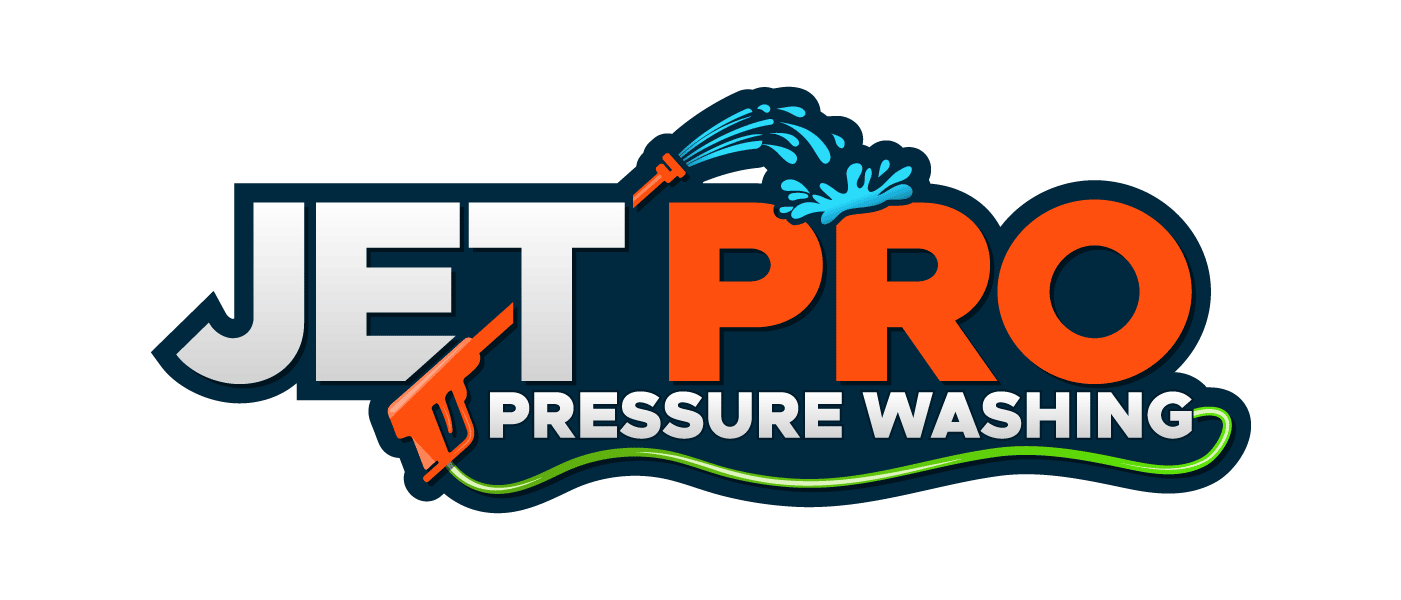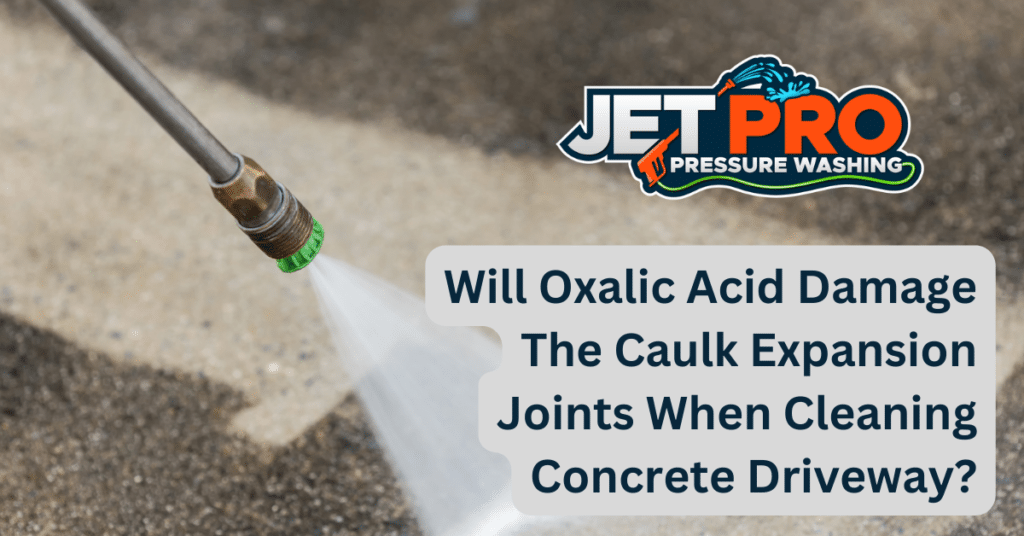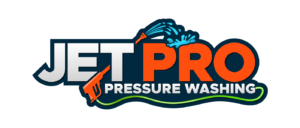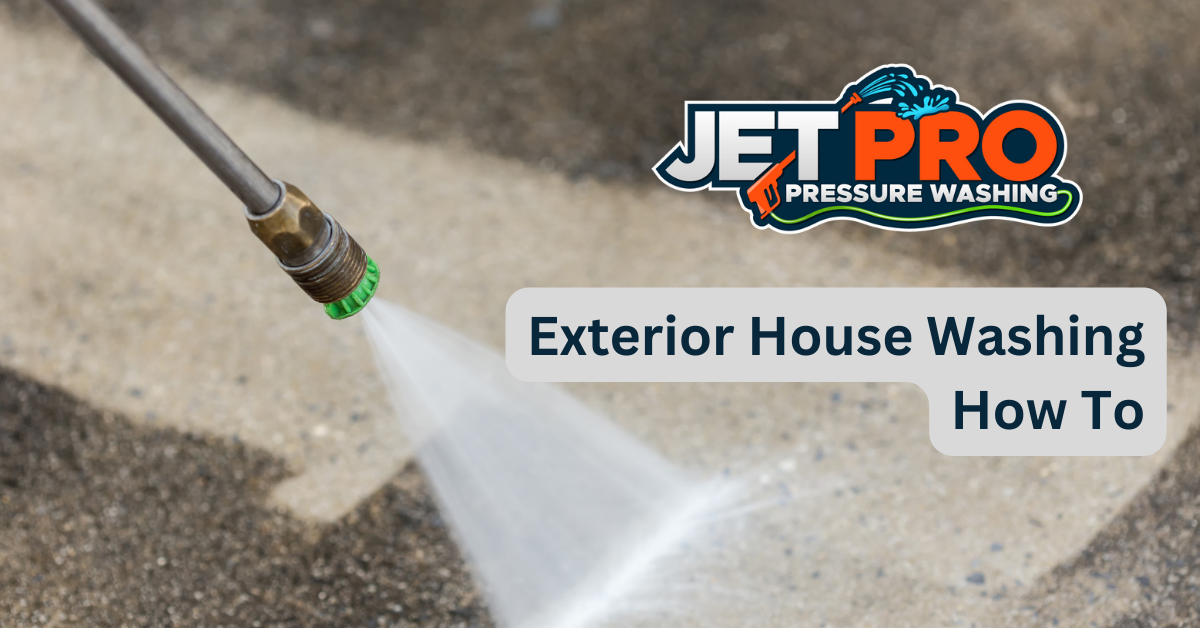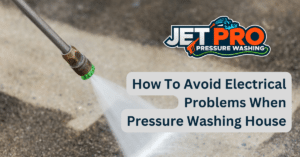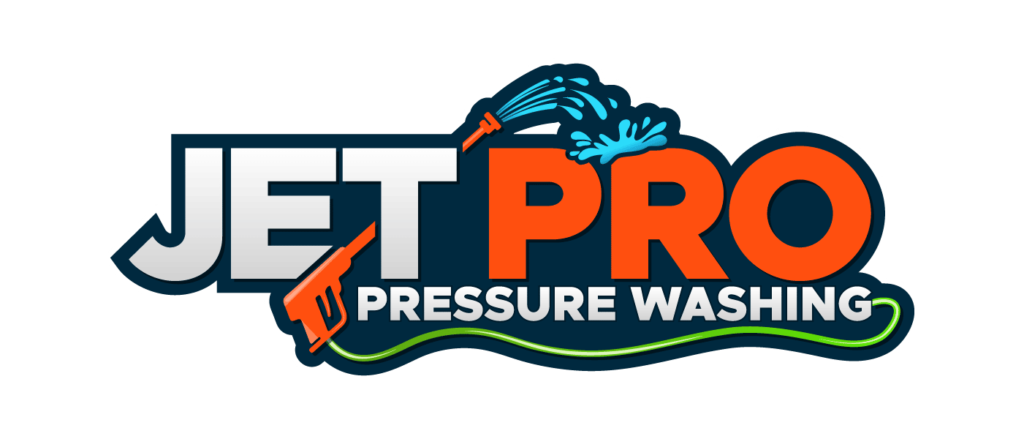When it comes to keeping your concrete surfaces clean, many people opt for oxalic acid as a go-to solution for removing dirt and grime. But if you have caulk expansion joints in your concrete driveway, you might be wondering if this powerful cleaner could harm them. These joints play a crucial role in ensuring your concrete remains flexible and resistant to cracks, which means you need to be careful when choosing a cleaning service focused on concrete cleaning that won’t damage them.
In this article, we’ll explore the potential effects of oxalic acid on caulk expansion joints and provide alternatives for cleaning porous concrete. We’ll also include a contextual link to our guide on what to use for cleaning porous concrete. Additionally, we’ll offer safety tips for cleaning your concrete driveway to ensure you get the job done safely and effectively.
Overview of Caulk Exspansion Joints
Caulk expansion joints are an important element of concrete driveway construction, providing flexibility and allowing for stress relief. Without these joints, the concrete may crack under pressure or become damaged due to temperature changes. The joints are filled with a variety of materials, such as asphalt, rubber, and polyurethane, which protect the driveway from damage by allowing some movement between the sections of the driveway. They also help to keep water out and prevent weeds from growing in the cracks.
Caulk expansion joints can deteriorate over time due to weathering or water damage, and need to be regularly inspected and maintained. To keep them in good condition, they should be cleaned regularly using a pressure washer or a brush and a solution of detergent and water. Oxalic acid, however, should not be used as it can damage the sealant and cause further deterioration.
When cleaning a concrete driveway, it’s important to be mindful of the caulk expansion joints and choose the right cleaning solution to avoid damaging them. Inappropriate cleaning products and techniques could cause the joints to fail, resulting in costly repairs.
Properties of Oxalic Acid
The properties of oxalic acid are relevant to an evaluation of its effect on caulk expansion joints when cleaning concrete driveways.
Oxalic acid is a naturally occurring chemical compound that is colorless and crystalline in its pure form. It is also known as ethanedioic acid and is often found in plants, fruits, vegetables, and nuts. When dissolved in water, the acid produces a sour taste and has a pH of between 1 and 3, making it one of the strongest acids available. Oxalic acid is also highly soluble in water and other solvents, making it ideal for use as a cleaning agent.
Oxalic acid is also known for its bleaching properties, which makes it a popular cleaning agent for removing rust and stains from surfaces. Its corrosive nature can also be used to etch glass and other materials. However, its corrosive properties can also make it a potential hazard when not used with caution. In addition, oxalic acid can be toxic when inhaled or ingested and can cause skin irritation and other health problems.
When considering its use on caulk expansion joints, it is important to note that oxalic acid is a highly corrosive chemical and can potentially damage the caulk if not used carefully. Its bleaching properties can also be damaging to the caulk as it will strip away the protective coating on the caulk and leave it exposed to the elements. Therefore, it is important to take the necessary precautions when using oxalic acid to clean caulk expansion joints, such as wearing protective gloves and goggles and being careful to limit the amount of contact the caulk has with the acid.
Potential Effects of Oxalic Acid on Caulk Exspansion Joints
Oxalic acid is an organic compound known for its corrosive effects, making it a potentially hazardous substance to use when cleaning caulk exspansion joints.
As a result of its corrosive nature, it is necessary to understand the impact that oxalic acid may have on the adhesion of the caulk.
It is thus important to consider the potential effects of oxalic acid on caulk exspansion joints when cleaning concrete driveways.
Corrosiveness of Oxalic Acid
Corrosiveness of oxalic acid can have an impact on the integrity of caulk expansion joints when used for cleaning concrete driveways.
Oxalic acid is a powerful cleaning agent that can strip away dirt and grime, but it can also be quite caustic and can cause damage to surfaces like caulk joints.
When used in excess, it can weaken the material and cause it to fail or crack.
In addition, over time, oxalic acid can cause the caulk to lose its flexibility, making it more prone to cracking and other damage.
As a result, it’s important to use the right amount of oxalic acid when cleaning concrete driveways, and to monitor its effects on the caulk expansion joints.
Impact on Caulk Adhesion
Excessive use of oxalic acid can have a detrimental effect on the adhesion of caulk expansion joints, compromising the joint’s structural integrity. The acid can eat away at the caulking, weakening its ability to keep water and other elements from entering into the joint. This can lead to further issues with the expansion joint, such as cracking and other structural damage.
In addition, the caulk may not be able to form a strong bond with the concrete, leading to further leakage and water damage. If not corrected, this can cause serious damage to the driveway and the surrounding area.
It is important to take the proper precautions when using oxalic acid to clean a concrete driveway. This includes making sure that the amount of acid used is not excessive and that the caulk is not exposed to it for too long. If the caulk does come into contact with the acid, it should be replaced immediately to prevent further damage.
Additionally, it is important to keep the area dry after using the acid to avoid any further damage. Taking these steps can help ensure that the caulk expansion joints are not damaged by the acid and remain strong and secure.
Alternatives to Oxalic Acid
There are plenty of alternatives to oxalic acid that can be used to clean concrete driveways without damaging the caulk expansion joints.
One such option is trisodium phosphate, or TSP, which is a strong but effective cleaner that can be used to remove dirt and grime from concrete surfaces. It’s a great choice for concrete driveways because it’s non-corrosive and won’t damage the caulk expansion joints, making it a safe and reliable option for cleaning.
Another option is sodium hypochlorite, or bleach, which is a powerful cleaner that can quickly and effectively remove dirt, grime, and other debris from concrete surfaces. It’s also non-corrosive and won’t damage the caulk expansion joints, making it an ideal choice for cleaning concrete driveways.
Lastly, you could consider using a pressure washer to clean your driveway. Pressure washers can be used to remove dirt and grime from concrete surfaces and are a great option for cleaning concrete driveways because they won’t damage the caulk expansion joints.
So, if you’re looking for an alternative to oxalic acid that won’t damage the caulk expansion joints, you have plenty of options. TSP, bleach, and pressure washers are all great choices for cleaning concrete driveways without the risk of corroding the caulk. All three are non-corrosive and won’t damage the caulk expansion joints, making them safe and reliable options for cleaning concrete driveways. Plus, they’re all relatively easy to use and don’t require any special equipment or knowledge, making them a great choice for anyone looking for a simple and effective way to clean their driveway.
No matter which option you choose, make sure you take all the necessary precautions to protect yourself, your property, and the environment. Always read the directions on the product carefully and follow all safety guidelines. Wear the appropriate protective gear when handling cleaning products, and always dispose of any leftover cleaning products in accordance with local regulations.
Safety Tips for Cleaning Concrete Driveways
When cleaning concrete driveways, it is important to take the necessary precautions to ensure the safety of yourself, your property, and the environment.
To start, it is important to use gloves and protective eyewear when dealing with any type of chemical cleaning agents. If you are using any kind of acid, it is also important to wear a face mask and ensure the area is well ventilated. Additionally, it is important to make sure that all chemicals are kept away from children and pets.
When using cleaning agents, it is important to read the instructions first and ensure the product is suitable for the job. Additionally, never mix cleaning agents as this can be dangerous and cause unexpected reactions. A good rule of thumb when cleaning is to start with the mildest product and work your way up to stronger ones, if needed.
It is also important to have all the necessary tools and materials to hand before you start. This includes a brush, detergent, water, and any other cleaning agent you may be using. Make sure to clear the area of any debris before you start and if you are using a pressure washer, ensure it is not set too high to avoid damaging the concrete.
Lastly, always rinse the area well after the cleaning process is complete.
Frequently Asked Questions
What are the best tools and materials to use when cleaning concrete driveways?
When it comes to cleaning concrete driveways, there are a variety of tools and materials available.
For example, a pressure washer is often used as it is effective at cleaning surfaces and removing dirt, grime, and debris.
Other tools may include a stiff broom, a scrub brush, and a water hose.
Materials that may be needed include a cleaning solution, a degreaser, wax, and a sealer.
Depending on the job, the use of a sealer may help to protect your concrete driveway from moisture, oil, and other elements.
Proper preparation is key to making sure that the job is done correctly and will last for years to come.
How often should caulk exspansion joints be replaced?
Caulk exspansion joints should be replaced regularly to maintain the integrity of the concrete driveway. Generally, these joints should be inspected once a year and replaced if needed. Factors such as the climate and the amount of traffic over the driveway can affect how often the joints need to be replaced.
It is important to stay on top of maintenance to prevent larger and more costly repairs down the line.
What are some other chemical products that can be used to clean concrete driveways?
When it comes to cleaning concrete driveways, there are a variety of chemical products that can be used.
For example, trisodium phosphate (TSP) is an effective cleaner for removing dirt and grime. It can also be used to degrease driveways before painting or sealing.
Another chemical, muriatic acid, can be used to remove rust and oil stains, but it should be used with caution due to its corrosive nature.
Finally, sodium hydroxide is a great option for removing moss and mold from concrete driveways.
When using any of these products, it is important to make sure that they are applied correctly and that all instructions are followed for proper safety.
Are there any environmental considerations to consider when using oxalic acid?
Oxalic acid is a chemical compound which is primarily used for cleaning concrete driveways. However, when using this product, there are certain environmental considerations to take into account.
Oxalic acid is a strong acid and is highly corrosive, meaning that it can be hazardous to aquatic life and can easily contaminate groundwater if not disposed of properly. In addition, the fumes produced by the acid when it reacts with water can be harmful to nearby wildlife.
Therefore, it is important to take the necessary precautions when using this product to ensure that the environment is not negatively impacted.
Are there any special cleaning techniques that should be used on caulk exspansion joints?
Cleaning caulk expansion joints can be tricky, as the wrong technique can lead to damage or discoloration. Fortunately, there are a few special methods that can help preserve the integrity of these joints while also ensuring a thorough clean.
For example, using a soft-bristled brush, such as a nylon-bristled scrub brush, can help to remove dirt and debris without scratching the surface of the joint. Additionally, using a mild detergent and warm water can help to break down stubborn stains without the need for harsh chemicals.
Finally, making sure to rinse thoroughly to remove any residue will help to prevent the buildup of dirt and debris in the future.
Conclusion
In conclusion, it is not recommended to use oxalic acid to clean caulk exspansion joints on a concrete driveway. While oxalic acid is an effective cleaner, its corrosive properties can damage the sealant, potentially leading to costly repairs.
An alternative approach is to use a mild detergent and warm water to clean the area. It is also essential to take safety precautions, such as wearing protective eyewear and gloves, when cleaning concrete driveways.
Doing so will ensure that the job is done right and that the process is as smooth as butter – with no headaches!
